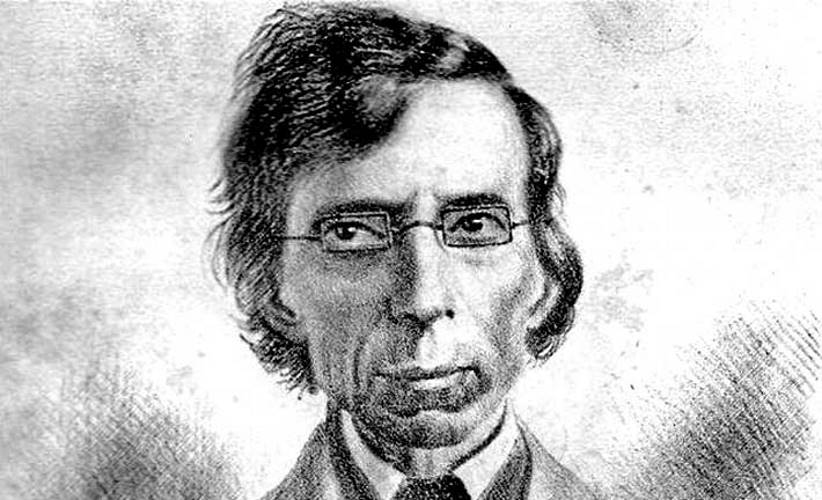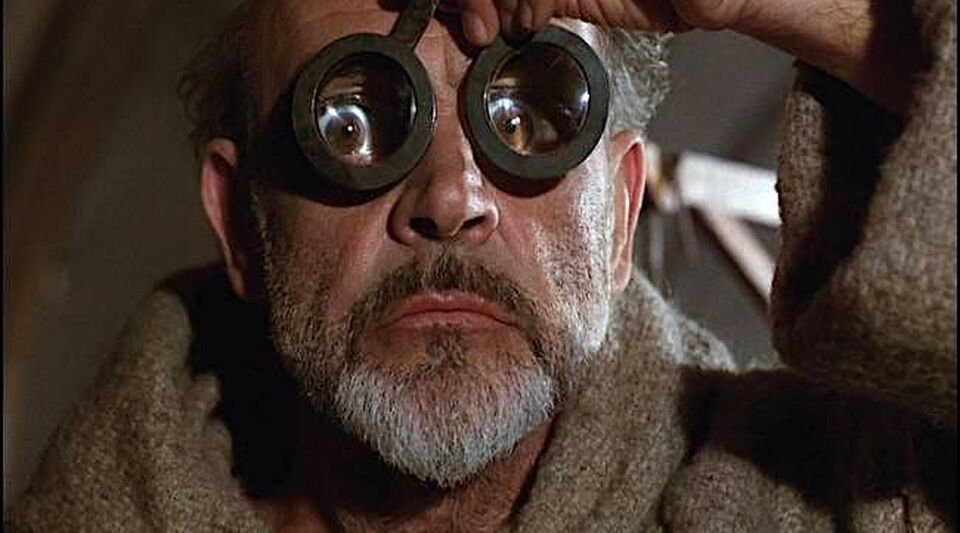MIAMI, United States. — Felix Varela y Morales He is one of the most mentioned figures in the history of Cuba, but also one of the least known.
Priest, philosopher and deputy promoter of the island’s independence, Varela was a thinker ahead of his time and ended up being a reference for Cubans of later generations, including José Martí.
His extensive work was not limited to teaching and the priesthood, he also founded the first Philharmonic Society of Havana. Likewise, he was part of and worked for the Economic Society of Friends of the Country, and wrote plays and philosophy.
On January 18, 1821, at the age of 32, he founded the first chair of law in Latin America in the seminary where Legality and Civil Responsibility were taught. It should be noted that, despite his religious status, Father Félix Varela also had extensive and deep scientific knowledge.
From a young age, Varela understood the urgent need for Cuba to be independent from Spain. While several illustrious Cubans asked the Spanish crown for reforms, the thinker was already imagining an overseas government that offered more rights to Cubans.
Varela lived in Cuba until he was 34 years old, when he was elected deputy before the Spanish Courts on behalf of the Caribbean island. He left for the metropolis without knowing that he would never see the land where he was born.
A series of events in Spain led to Félix Varela and others being sentenced to death for voting against the King. However, he managed to escape to the United States. From there he began to organize and later to preside over an independence movement.
From the age of 35, Varela began an arduous propaganda work in pursuit of independence. One of his achievements was the founding in Philadelphia of the first independent newspaper, called the habanero (1824-1826).
Varela died on February 25, 1853 in San Agustín, United States, at the age of 64. His remains rested there until, well into the 20th century, they were transferred to the Aula Magna of the University of Havana.
In Cuba, popular culture has appropriated a sort of slogan: “Félix Varela, the one who taught Cubans to think.” This is a quote that has been misrepresented over the years. Its author was the distinguished teacher José de la Luz y Caballero, who said of Varela: “the one who taught us, first, to think”.
On March 14, 2012, the decree was signed whereby Pope Benedict XVI, through the Congregation for the Causes of Saints, declared the Servant of God Félix Varela as Venerable, one of the first steps to be declared a saint.
As Benedict XVI said in his homily in Havana in 2013: “…Father Félix Varela was a shining example of how a man of faith can contribute to the construction of a more just society…”. Varela reminds us that “There is no homeland without virtue.”
Receive information from CubaNet on your cell phone through WhatsApp. Send us a message with the word “CUBA” on the phone +525545038831, You can also subscribe to our electronic newsletter by giving click here.















